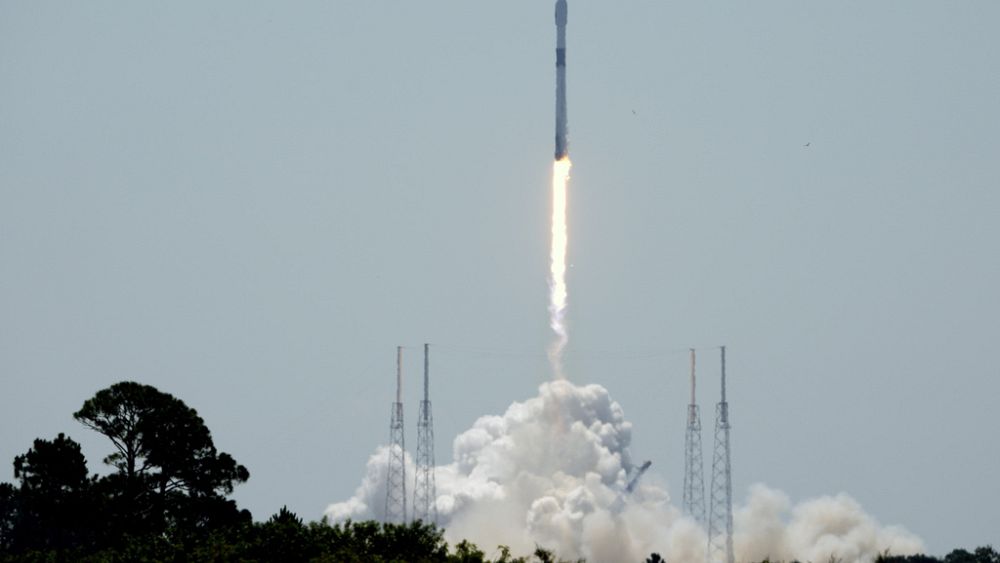
The European Space Agency’s Euclid space telescope was launched for a six-year mission to shed light on dark energy and dark matter and chart the largest-ever map of the universe.
SpaceX launched the European Space Agency’s Euclid observatory toward its ultimate destination 1.5 million kilometres away, the Webb Space Telescope’s neighbourhood.
It will take a month to get there and another two months before it starts its ambitious six-year survey this fall.
Flight controllers in Germany declared success nearly an hour into the flight, applauding and shouting “yes” as the telescope phoned home after a smooth lift-off.
Named for antiquity’s Greek mathematician, Euclid will scour billions of galaxies covering more than one-third of the sky.
By pinpointing the location and shape of galaxies up to 10 billion light-years away – almost all the way back to the cosmos-creating Big Bang – scientists hope to glean insight into the dark energy and dark matter that make up most of the universe and keep it expanding.
Scientists understand only five per cent of the universe: stars, planets, and us.
The telescope’s highly anticipated 3D map of the cosmos will span both space and time in a bid to explain how the dark universe evolved and why its expansion is speeding up.
The lead scientist for the 1.4 billion euros said Euclid would measure dark energy and dark matter with unprecedented precision.
Four point seven metres tall and almost as wide, Euclid sports a 1.2-metre telescope and two scientific instruments capable of observing the cosmos in both visible light and the near-infrared.
A huge sun-shield is designed to keep the sensitive systems at properly frigid temperatures.
NASA, which contributed Euclid’s infrared detectors, has its own mission coming up to better understand dark energy and dark matter: the Roman Space Telescope due to launch in 2027.
The US-European Webb telescope can also join in this quest, officials said.
Euclid was supposed to launch on a Russian rocket from French Guiana in South America, Europe’s main spaceport.
The European and Russian space agencies cut ties following the invasion of Ukraine last year, and the telescope switched to a SpaceX ride from Cape Canaveral.
Waiting for Europe’s next-generation, yet-to-fly Ariane rocket would have meant a two-year-plus delay, according to project manager Giuseppe Racca.











